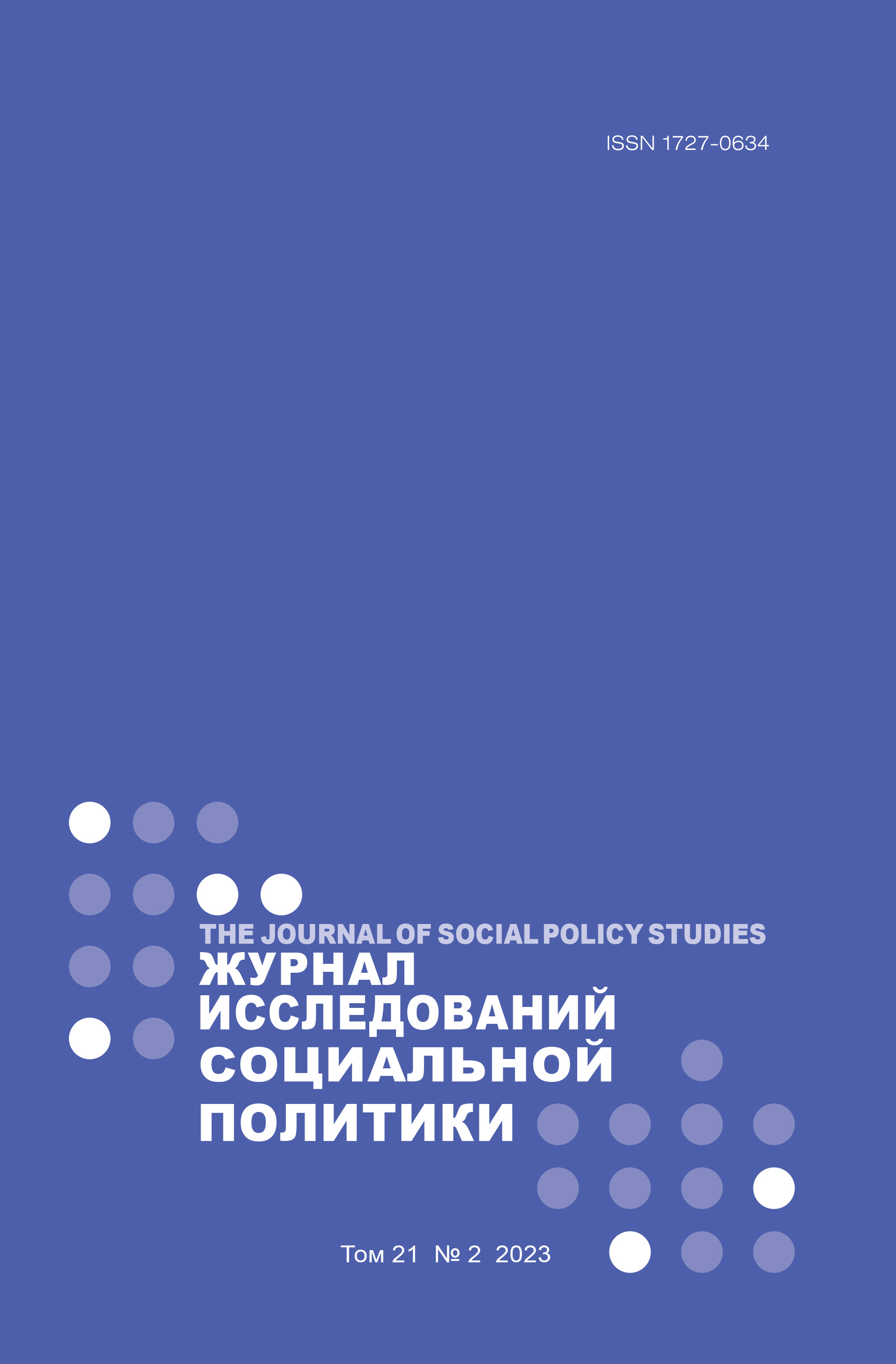Representation of Institutional Attitudes Towards Adolescent Sex Education in Russian Media
Abstract
In the 20th century, many European countries and the U.S. actualized the adolescent sex education issues and launched the implementation of special training programs in the general education system, and international organizations (UNICEF, WHO, UNFPA) began to declare the need to respect sexual rights. In contemporary Russia, sex education cannot be called institutionalized: with the beginning of a conservative turn, this process was stopped. This article presents the positions of various social institutions represented in the media based on the content analysis of 172 articles. The discourse of the psychological professional community is represented through questions about 'correct' gender roles and untrained personnel. The attitudes of state representatives are shown in the media as an expression of concern and a requirement to take into account the specifics of Russian culture. The positions of school principals and teachers are presented in the public field through their unpreparedness for the additional workload and the requirement to build trust between adolescents and adults in the context of the implementation of sex education. The representation of the family discourse is determined by several positions: the need for specialists and uncertainty in their knowledge, the concern that adolescents are faced with unverified information on the Internet, as well as the fear of encountering propaganda of early sexual debut. Parents’ committees are presented in the public field, on the one hand, as fighting against sex education programs and, on the other hand, as considering such education as a tool for promoting abstinence and moral education. The church’s discourse is driven by notions of 'normal sexuality,' the opposition of Russian values to Western values, and the promotion of moral and family values. The representation of the attitudes of the pedagogical community reveals both concern about the organization and content of sex education programs, and focus on the threats to personal development and the destruction of traditional values. As a result, the way the positions of various social institutions are presented in the media may indicate the existence of discursive contradictions within the institutions of the family, church, psychological and pedagogical communities, and the community of parental committees. The attitudes expressed in the public field illustrate how discourses of denial and approval are formed regarding the issues of adolescent sex education. They also show a diversity of positions that cannot be reduced to two homogeneous opposing poles.















